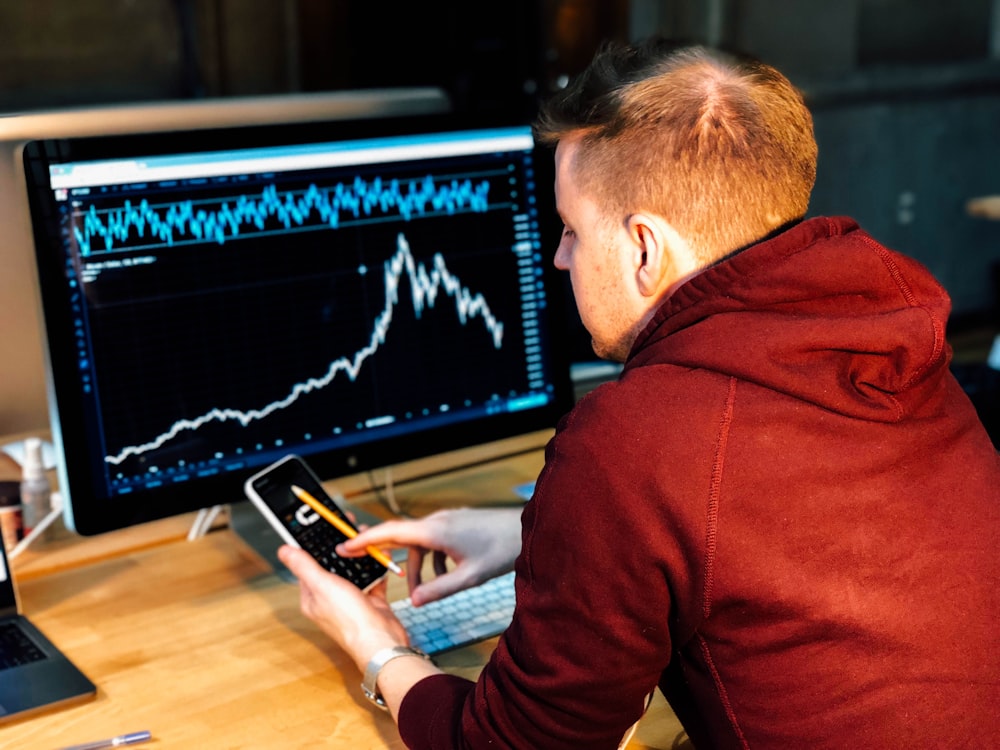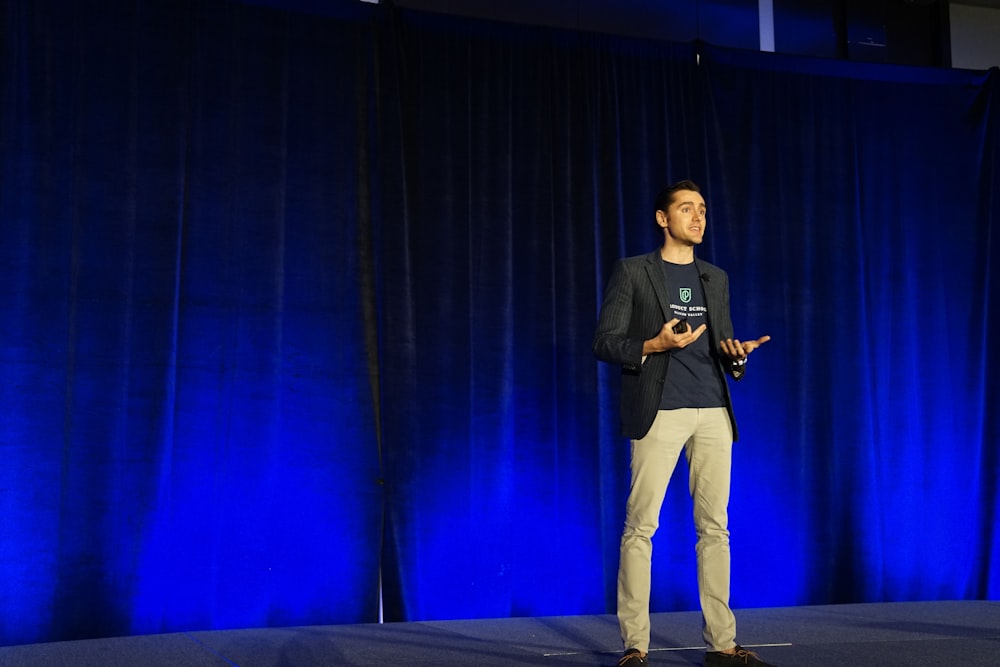Some people are indeed born smarter than others — it's genetics.
But that doesn't mean you can't appear to look more intelligent.
Don't hold a beer.

People often do idiotic things after they've had too many drinks.
No wonder that even holding a beer makes you look less intelligent, according to a joint study by the University of Michigan and University of Pennsylvania.
"People who hold an alcoholic beverage are perceived to be less intelligent than those who do not, a mistake we term the imbibing idiot bias," write authors Scott Rick and Maurice Schweitzer.
Walk at the same speed as everybody else. 
A study led by Boston University marketing professor Carey Morewedge found that "people use speed of movement to infer the presence of mind ... in other persons."
So if you walk faster — or slower — than the people around you, they think you're stupid.
Put on thick glasses.

Research suggests that if you're wearing glasses, you'll appear less attractive but more intelligent.
Moreover, the kind of glasses matters: Thick, blocky frames make you look smarter than thin ones.
Go hipster, look smart.
Use a middle initial.
It'll make you seem intellectual.
"People's middle initials have a particular and powerful effect on how people are perceived by others," say psychologistsWijnand A.P. Van Tilburg of the University of Southampton and Eric R. Igou of the University of Limerick.
"The display of middle initials increases the perceived social status of these people," they write in the European Journal of Social Psychology, and it "positively biases inferences about their intellectual capacity and performance."
Write simply.

But verbosity backfires.
A 2012 Princeton study — with the fitting title "Consequences of erudite vernacular utilized irrespective of necessity: problems with using long words needlessly" — found that clumsily using big words causes people to think you're less intelligent.
Use graphs.

A 2014 study by Cornell researchers Aner Tal and Brian Wansink suggests that people are more likely to believe a claim if it "looks and smells" scientific, such as if it's accompanied by a graph.
"The prestige of science appears to grant persuasive power even to such trivial science-related elements as graphs," Tal and Wansink write.
Speak expressively.

Monotone sounds dull.
"If two speakers utter exactly the same words, but one speaks a little faster and louder and with fewer pauses and greater variation in volume, that speaker will be judged to be more energetic, knowledgeable, and intelligent," writes Leonard Mlodinow, author of "Subliminal: How Your Unconscious Mind Rules Your Behavior." "Expressive speech, with modulation in pitch and volume, and a minimum of noticeable pauses, boosts credibility and enhances the impression of intelligence."
Look people in the eye.

A 2007 study led by Loyola Marymount University professor Nora A. Murphy found that looking your conversation partner in the eye was huge for your perceived smartness.
"Looking while speaking was a key behavior," she wrote. "It significantly correlated with IQ, was successfully manipulated by impression-managing targets, and contributed to higher perceived intelligence ratings."
Dress smartly.

Studies have found that the clothes we wear shape others' perceptions of our capability:
• Teaching assistants who wear formal clothes are thought to be more intelligent — but less interesting — than their casually dressed peers.
• Women dressed masculinely do better in job interviews.
• Well-dressed customer-service agents are more likely to score sales.
Plus, a 2012 Northwestern study found that people wearing white lab coats — as scientists and doctors are known to do — score higher on tests requiring lots of concentration.
"The clothes we wear have power not only over others," write authors Hajo Adam and Adam Galinsky, "but also over ourselves."


No comments:
Post a Comment